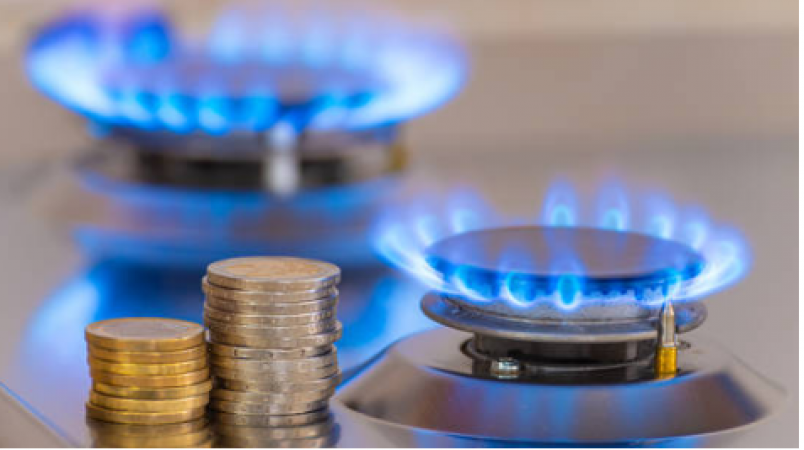
European Union: The European Union's energy market has been hit by unprecedented volatility in recent months, as a confluence of factors continues to disrupt the region's energy supply. The ongoing war in Ukraine, supply chain disruptions caused by the COVID-19 pandemic, and a surge in demand have all contributed to soaring energy prices, leaving businesses and consumers struggling to cope.
The conflict in Ukraine has raised concerns about the security of natural gas supply to the EU, as Russia, a major supplier, is directly involved in the war. This uncertainty has triggered a surge in demand for liquefied natural gas (LNG), causing prices to skyrocket. Since the beginning of 2021, the price of natural gas in Europe has more than quadrupled, placing significant financial strain on businesses and households alike.
Adding to the challenges, global supply chains have been severely disrupted by the lingering effects of the COVID-19 pandemic. The difficulty in sourcing necessary materials for energy production has further exacerbated the supply-demand imbalance, contributing to the surge in prices across the continent.
Also Read: Rolls-Royce's New Hybrid-Electric Engine Begins Tests
Moreover, as the economy rebounds from the pandemic-induced downturn, there has been a sharp increase in energy consumption. This surge in demand, coupled with the aforementioned factors, has compounded the strain on the EU energy market, leading to higher prices for electricity, gas, and heating. European businesses now face higher energy costs, which are eating into their profits, while consumers bear the brunt of rising utility bills.
Also Read: Indian Prime Minister Narendra Modi to Hold Talks with Tesla CEO Elon Musk During US Visit
Recognizing the severity of the situation, the European Commission has proposed a series of measures aimed at addressing the volatility in the energy market. These measures include ramping up LNG imports, diversifying energy sources, and boosting energy efficiency. While the long-term effectiveness of these actions remains to be seen, they are seen as a positive step toward stabilizing the market and alleviating the burden on businesses and consumers.
Despite the Commission's efforts, it is still too early to predict the duration of the market's volatility. The challenges faced by the EU energy market are complex and multifaceted, and it is expected that they will persist in the near future. Furthermore, the European Commission has cautioned that continued instability in the energy market could potentially lead to a recession in the EU, highlighting the urgency of addressing the situation promptly.
Also Read: Bollywood's Impact on Global Economy Propels India's Financial Strength
In conclusion, the European Union's energy market is grappling with unprecedented volatility due to the war in Ukraine, supply chain disruptions caused by the COVID-19 pandemic, and surging demand. Businesses are facing higher energy costs, impacting their profitability, while consumers are experiencing the burden of increased electricity, gas, and heating prices. The European Commission's proposed measures offer hope for stabilization, but the path ahead remains uncertain. The EU is determined to confront these challenges head-on, seeking to secure energy supply, diversify sources, and enhance energy efficiency to mitigate the impact on businesses and consumers alike.